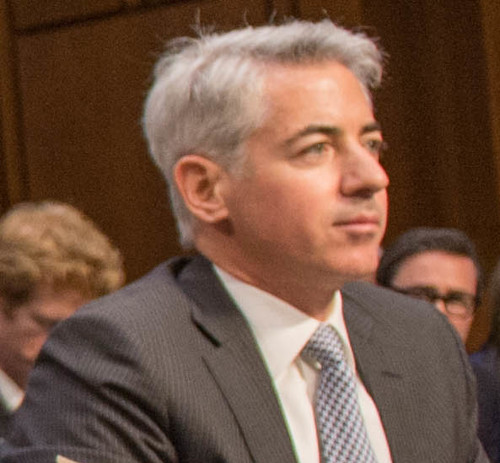Bill Ackman’s Pershing Square SPARC filed a revised S-1 outlining the goals of the SPAC-like vehicle that is not a SPAC.
“Our company is not a SPAC and we are not raising capital from public investors at this time,” the filing states. “Instead, we are distributing, at no cost to the recipients, subscription warrants, which we refer to as special purpose acquisition rights, or ‘SPARs’, to purchase our shares at a future date in connection with our business combination.”
The SPARC is distributing 50 million SPARs to the former holders of the Class A common stock of PSTH and an aggregate of about 11.11 million SPARs to the former holders of the distributable redeemable warrants of PSTH.
Pershing Square is seeking to have the SPARs quoted, after the distribution of a business combination registration statement, on the OTCQX marketplace of the OTC Markets Group, during a 20-business-day period which the company calls the “SPAR Election Period.”
The fundamental idea is SPAR holders would not put up any money until Pershing Square SPARC has a merger agreement in place. Then investors could decide whether to participate. One goal of Ackman’s creation may be to get around the thorny issue of share redemptions, which have crippled many deals in the last year. With Ackman’s vehicle, once a deal is in hand and the SPAR Election Period begins, participants could exercice their SPARs on the OTC at $10 each, effctively raising capital to support the transaction.
Also, unlike SPACs, a SPARC has no deadline to do a deal.
Another key difference with Ackman’s SPARC is the sponsors do not receive the customary 20% promote upfront, but will instead get 4.95% of any post-combination company once a deal is done.
The structure of the SPARC vehicle may further help Ackman avoid the sort of SEC scrutiny and litigation that dogged Pershing Square Tontine. The plaintiff in a suit against that SPAC aregued that it should be subject to rules governing investment companies under the Investment Company Act of 1940. Read more.









